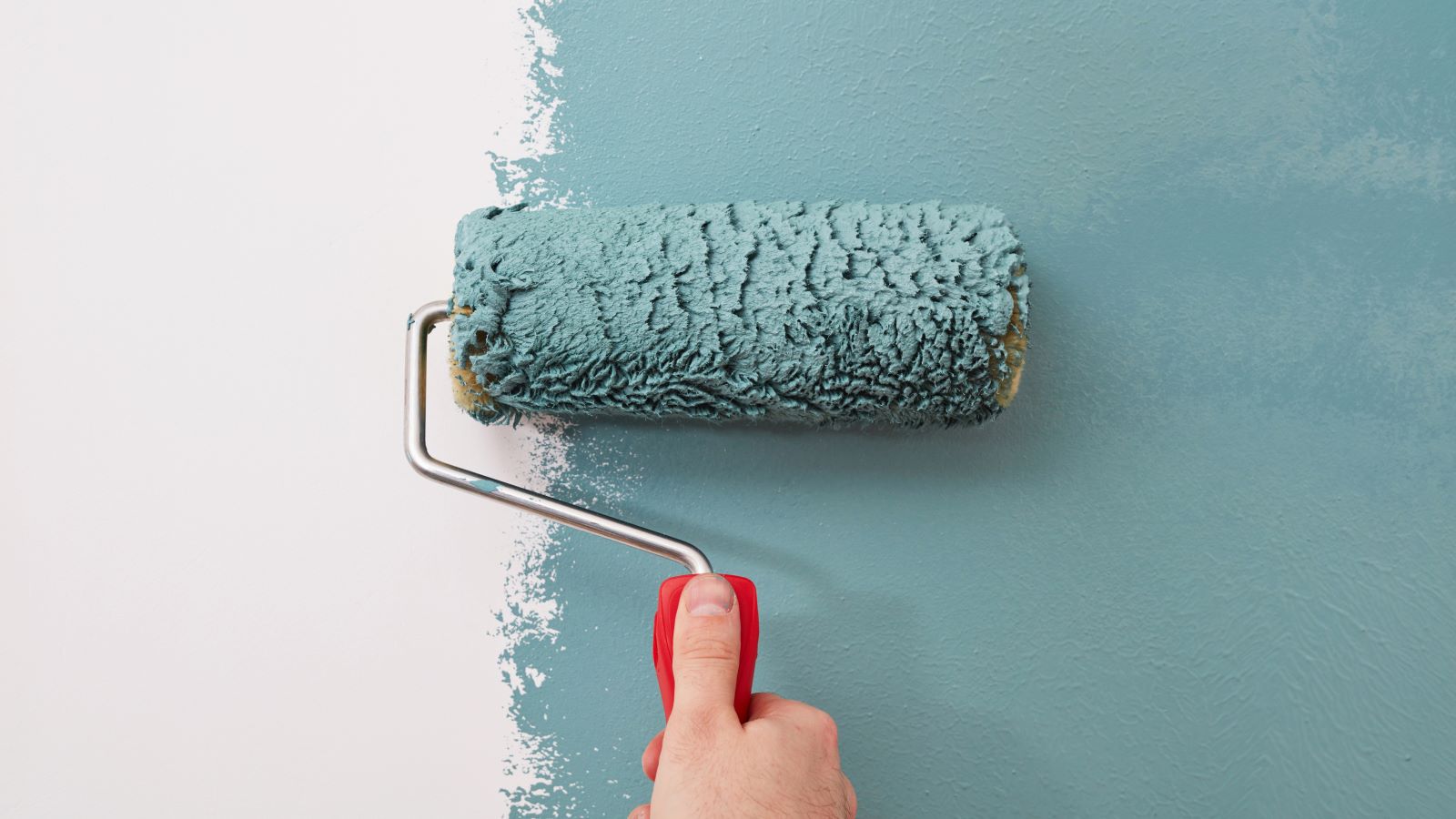<< Back
7 Household Goods That Might Cause Cancer

May 16, 2025
We use them every day without a second thought – cleaning sprays, candles, even batteries. But common household goods might contain chemicals that raise eyebrows when it comes to cancer risk.
So should you toss them?
We spoke with Peter Yu, MD, the physician-in-chief at the Hartford HealthCare Cancer Institute, for a breakdown of which products actually pose a risk – and how to protect yourself.
1. Cleaning products.
That lemon-scented wood polish might keep your house sparkling, but what’s in it?
“Many popular cleaning products contain chemicals like formaldehyde and benzene, which have both been linked to cancer risk,” says Dr. Yu. “Products that emit volatile organic compounds (VOCs) are of particular concern.”
These include air fresheners, disinfectant sprays and most other cleaners with a strong smell.
Reduce your risk:
- Go fragrance-free or choose naturally scented products.
- Look for cleaning products certified by health or environmental organizations.
- Open windows or turn on a fan when you clean, to avoid breathing in these products.
> Related: Why Does Alcohol Cause Cancer?
2. Batteries.
You probably don’t think about your batteries until they die, but you might want to.
“Heavy metals like cadmium and lead have both been linked to cancer,” says Dr. Yu. “Rechargeable nickel-cadmium batteries pose the largest risk.”
Protect yourself by avoiding contact with old or leaking batteries – and protect the environment by always disposing of them properly.
Reduce your risk:
- Always handle batteries with care, and avoid leaking batteries.
- Recycle batteries at designated drop-off sites.
- Choose newer battery options with fewer toxic components, like lithium-ion.
> Related: 8 Ways to Prevent Cancer
3. Paint.
Tired of dull living room wall colors? Choose your new paint carefully.“Like cleaning products, paint can contain VOCs which linger in the air long after the paint dries. This is why ventilation is so important any time you’re painting,” says Dr. Yu.
Reduce your risk:
- Choose low-VOC or VOC-free paints.
- Always paint in a well-ventilated area with fans and take breaks to get fresh air.
- Store leftover paint securely and dispose of old cans properly.
> Want more health news? Text StartHere to 85209 to sign up for text alerts
4. Scented candles.
There’s nothing quite as relaxing as the soft flicker of a candle to set the mood, but is it worth it?
“Candles made from paraffin wax or containing synthetic fragrances can release benzene or toluene when burned,” says Dr. Yu. “Try not to light candles in tight spaces like a bathroom or small office, as this can increase exposure.”
Reduce your risk:
- Look for candles made from natural waxes like soy or beeswax.
- Choose candles scented with essential oils instead of synthetic fragrances.
- Burn candles in a well-ventilated room, and don’t overdo it.
5. Plastic containers and bottles.
You’ve probably heard warnings about plastic bottles or takeout containers, but is there cause for concern?
“The risk comes from bisphenol A (BPA), a chemical found in many of these containers and bottles,” says Dr. Yu. “Avoid reheating food in these containers, as it can cause chemicals in the plastic to leach into your food.”
Reduce your risk:
- Use glass or stainless-steel containers for storing and reheating food.
- Choose BPA-free products whenever possible.
- Get a reusable water bottle instead of drinking from disposable, plastic bottles.
> Related: Do Microplastics Cause Cancer?
6. Beauty products.
From hair dye to moisturizers, beauty products have recently come under scrutiny.
“These often contain chemicals like parabens and phthalates, which have been linked to cancer. This is why reading labels and choosing products with a clear ingredient list is so important,” says Dr. Yu.
Reduce your risk:
- Avoid products with harmful chemicals.
- Look for beauty products with clean ingredient lists.
- Consider cutting back on harsh treatments like chemical hair straightening.
7. Nonstick pans.
If you already hate cooking, here’s one more reason to avoid it. Nonstick (Teflon-coated) pans have been linked to an increased cancer risk.
“These pans are fan-favorites because they make it easy to cook foods like eggs and pancakes without sticking or requiring extra butter or oil to coat the pan. But Perfluorooctanoic acid (PFOA), a chemical used to make Teflon, has been linked to many health issues, including cancer,” says Dr. Yu.
And while newer nonstick pans are often PFOA-free, they may still contain other chemicals in the same family.
“These are sometimes called ‘forever chemicals’ because they don’t break down in the environment or the human body,” Dr. Yu adds. “Over time, they can increase the risk of liver, kidney and testicular cancers.”
Reduce your risk:
- Stick to low or medium temperatures when cooking with nonstick pans.
- Replace old pans, especially those with visible chips or scratches.
- Choose cookware made from materials like stainless steel, cast iron or ceramic.
Should you be concerned?
Before you panic-clean your house, keep this in mind: Occasional use of any of these products is unlikely to cause harm.
“The key is simply to be mindful and make small changes wherever you can,” says Dr. Yu. “By staying informed and taking steps to reduce your exposure, you can protect your health without sacrificing your quality of life.
So next time you’re shopping, take a moment to check the labels. A few small swaps today can add up to a healthier tomorrow.